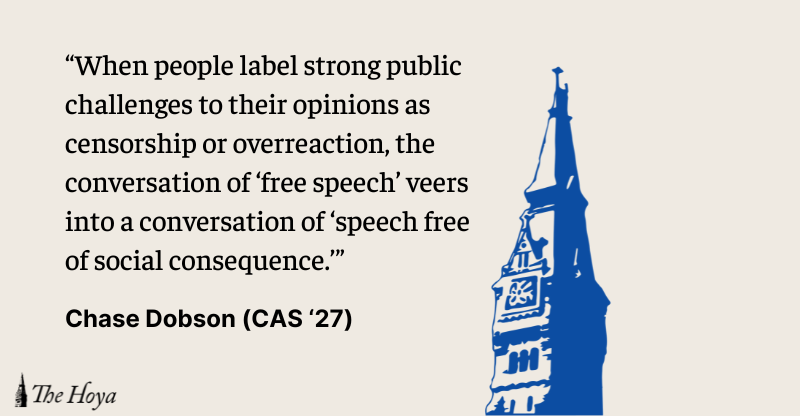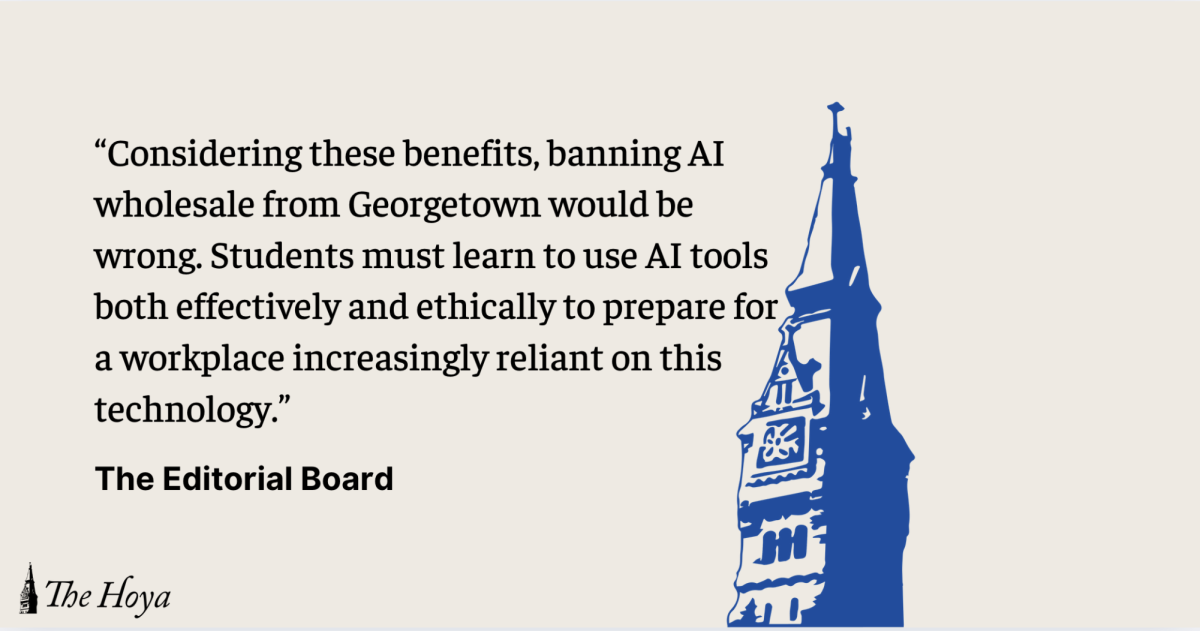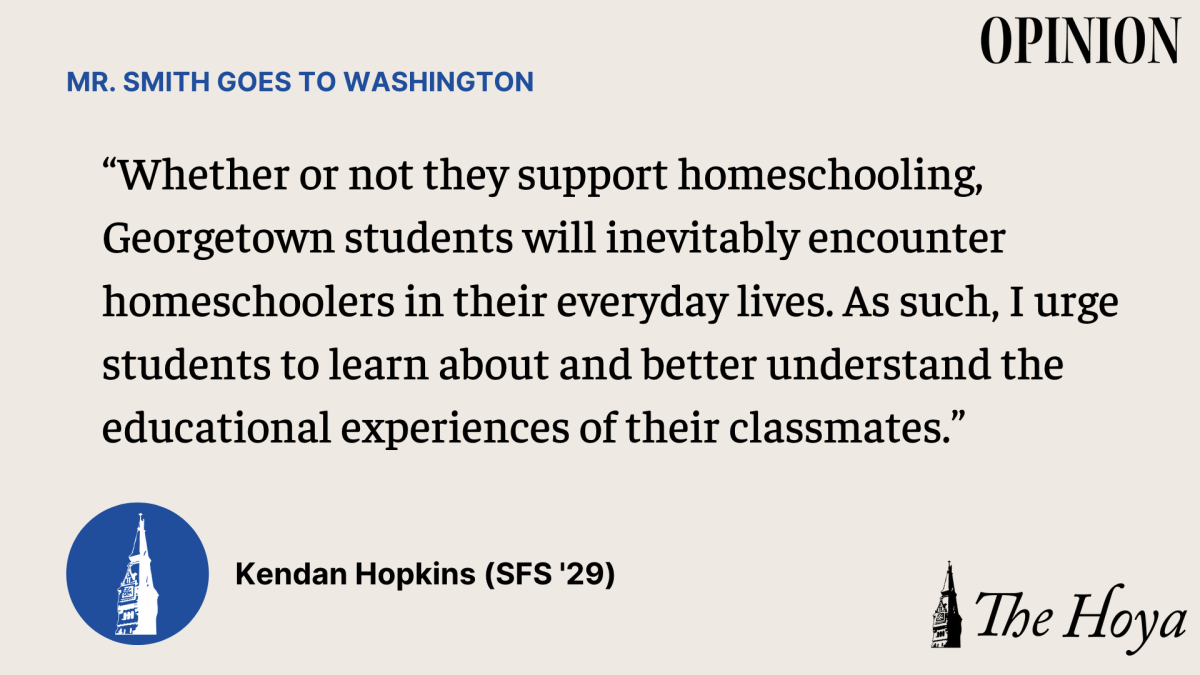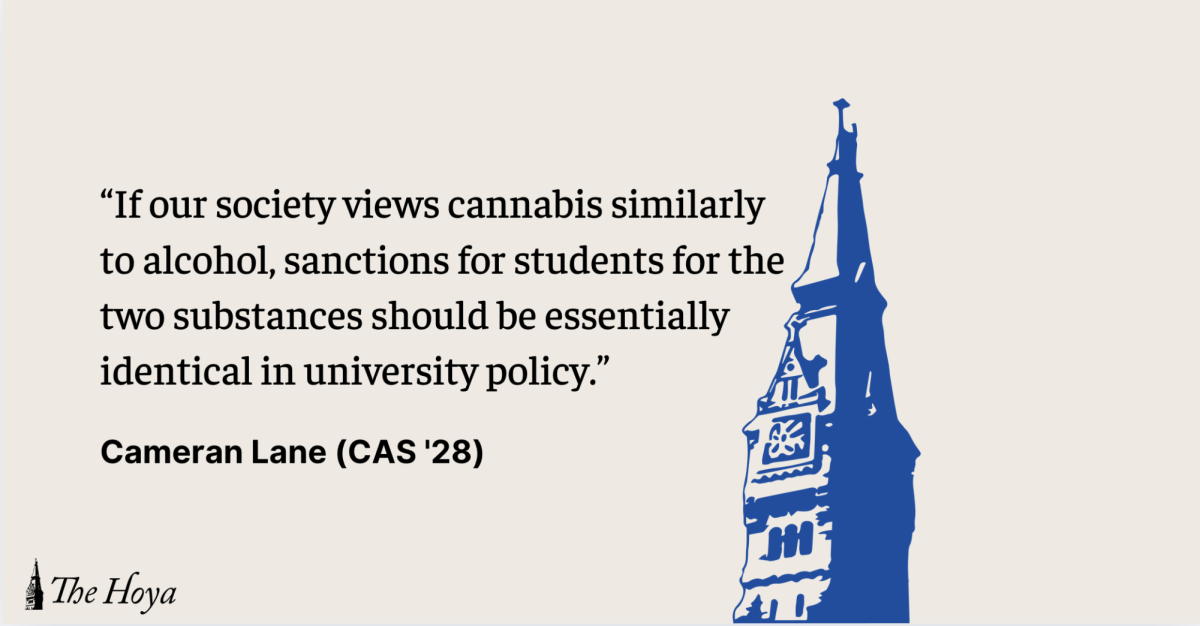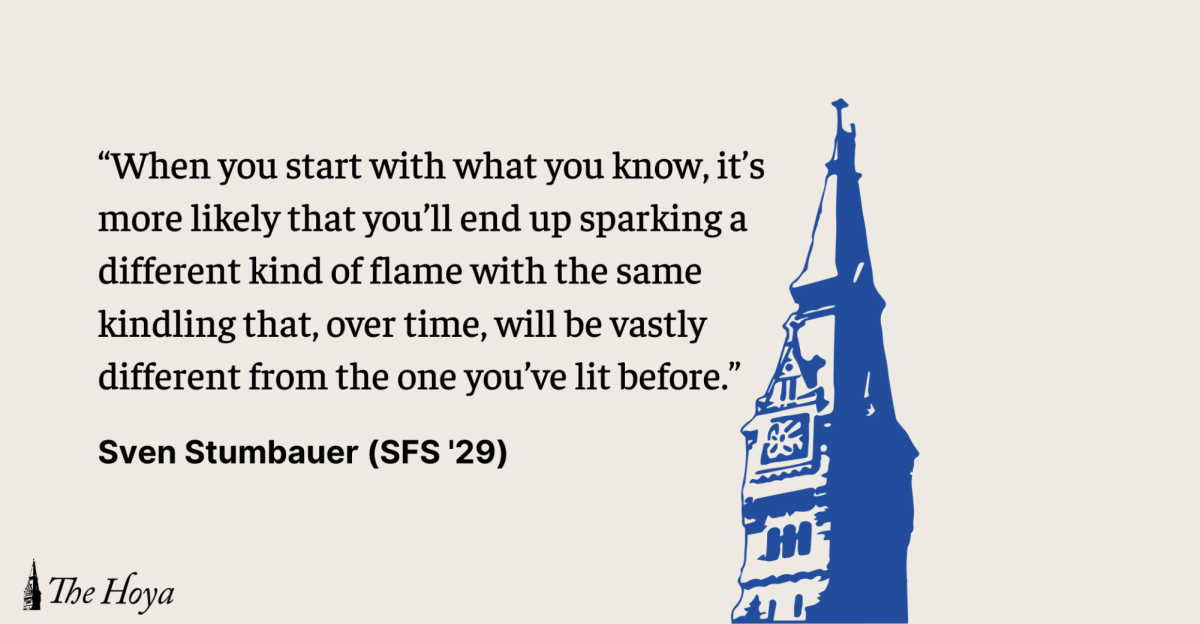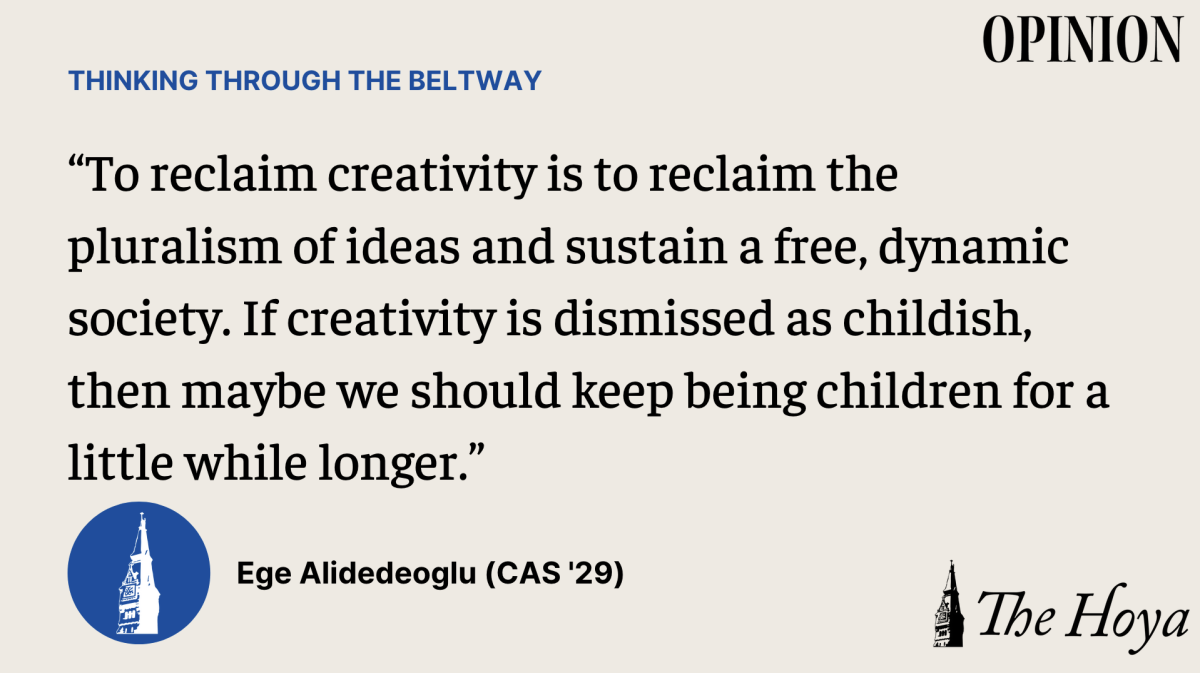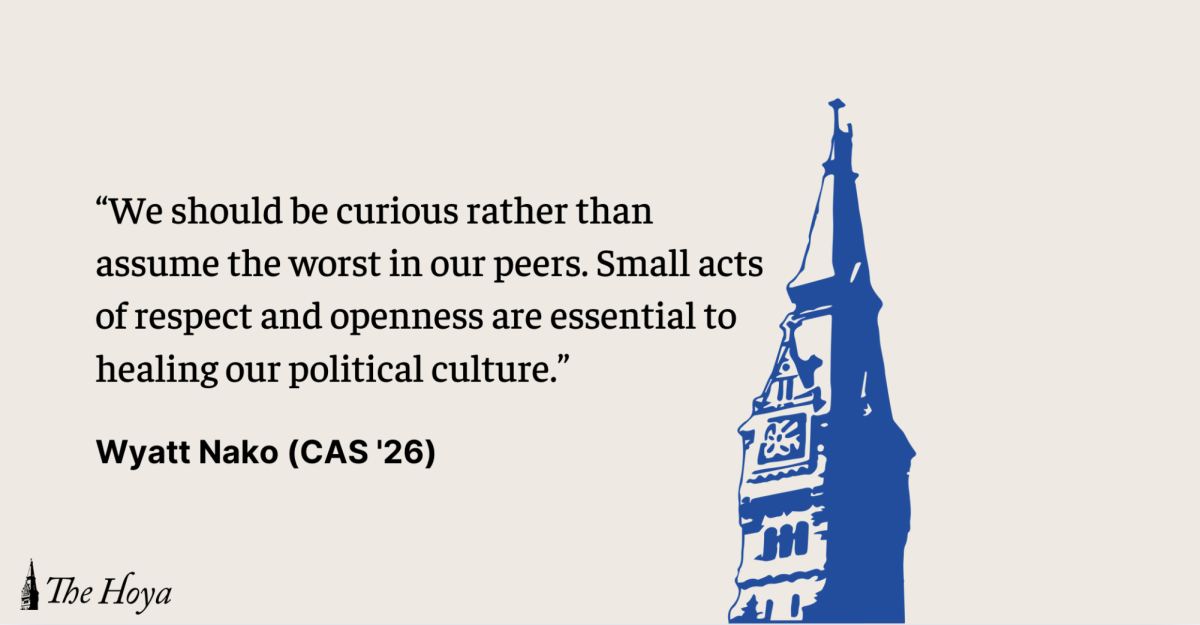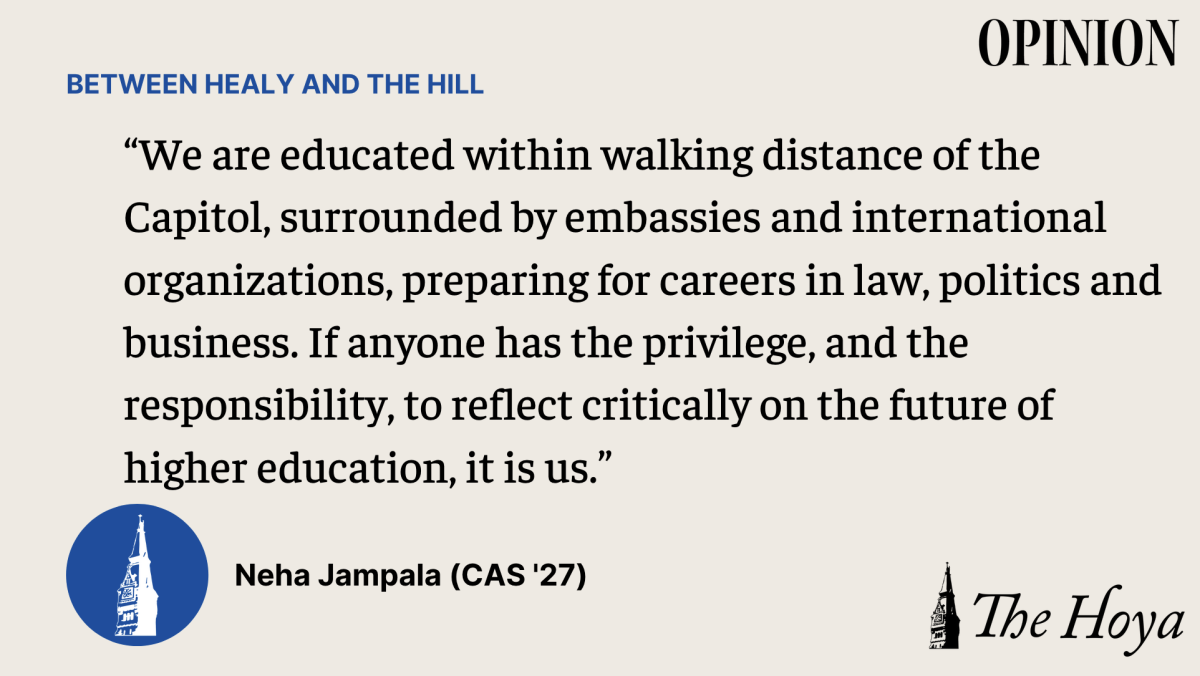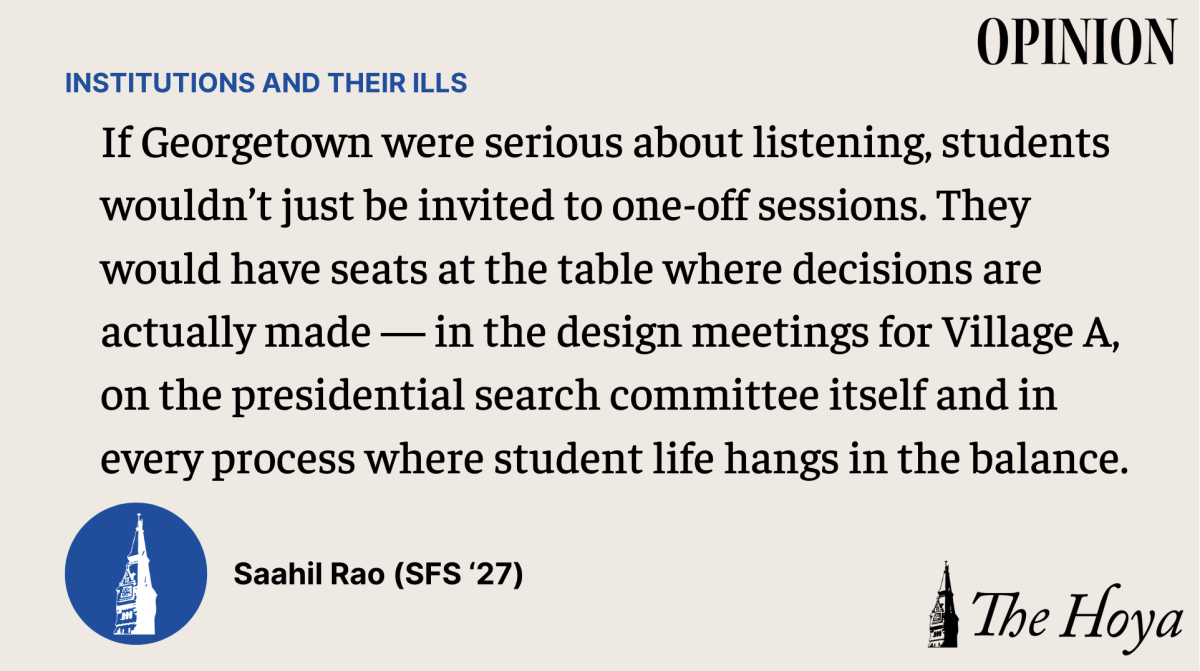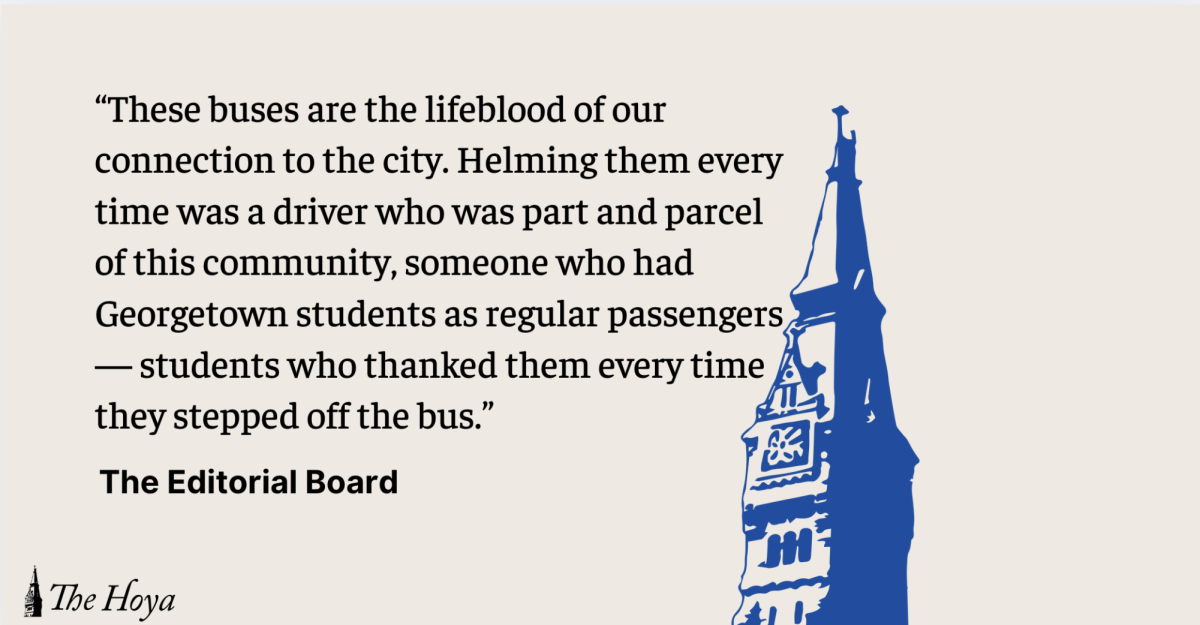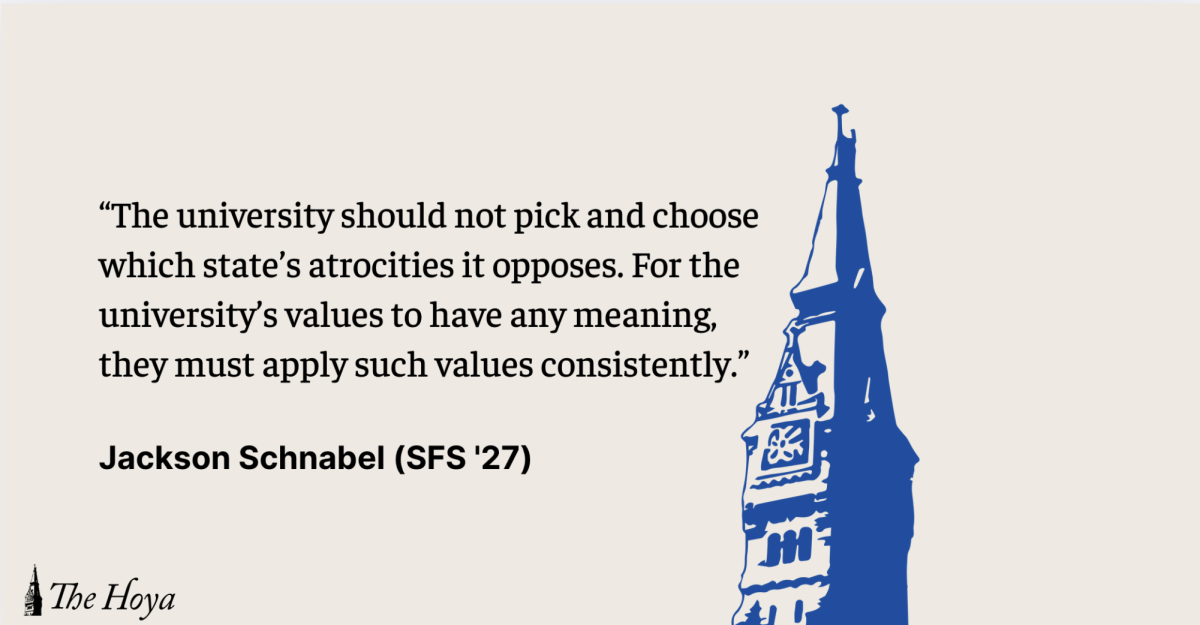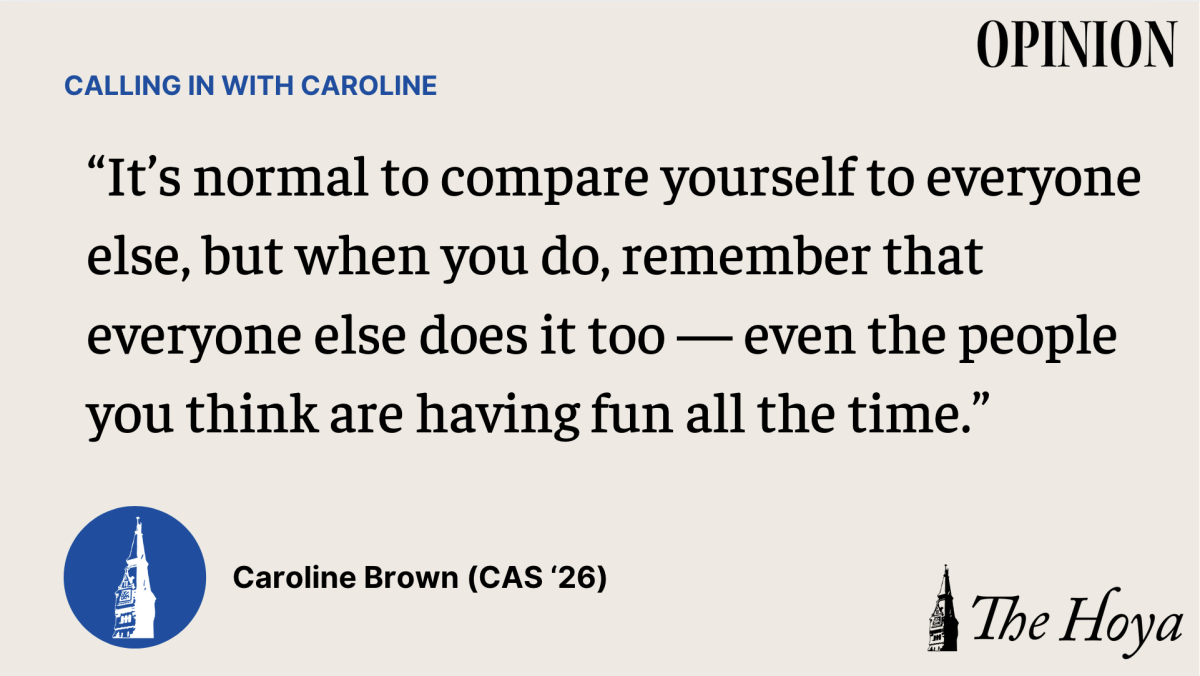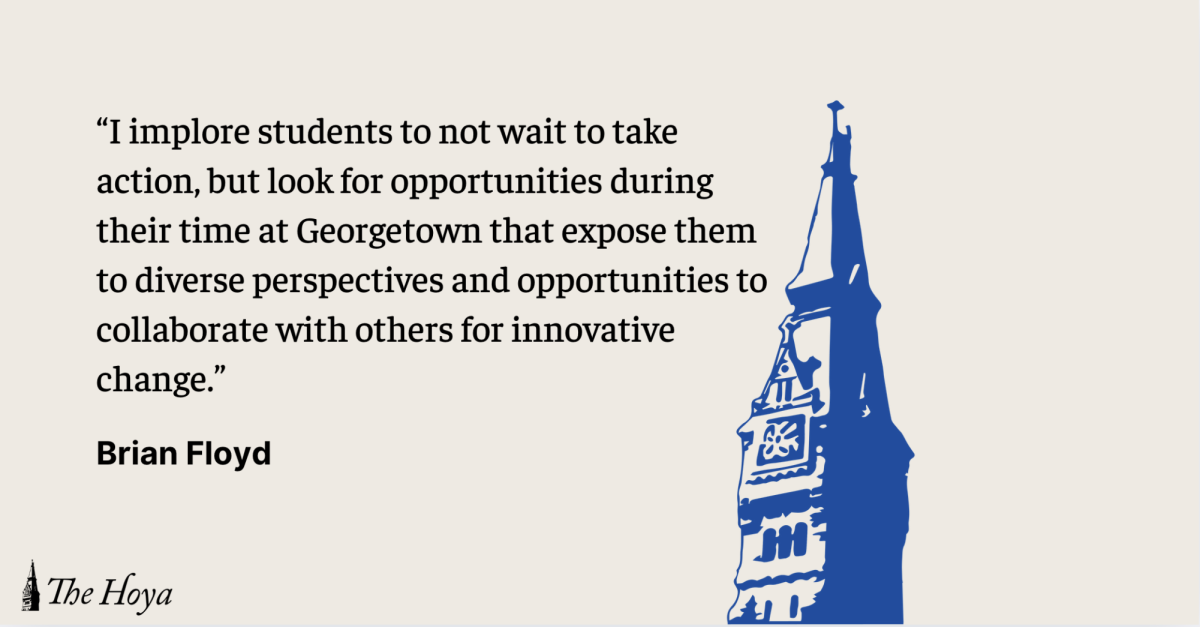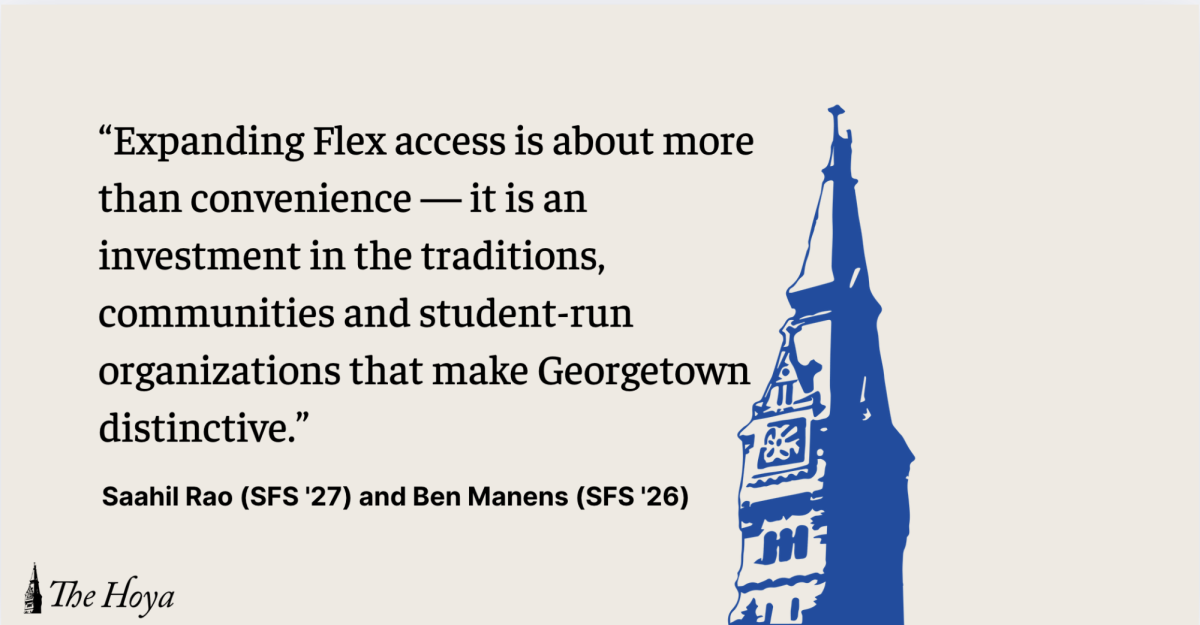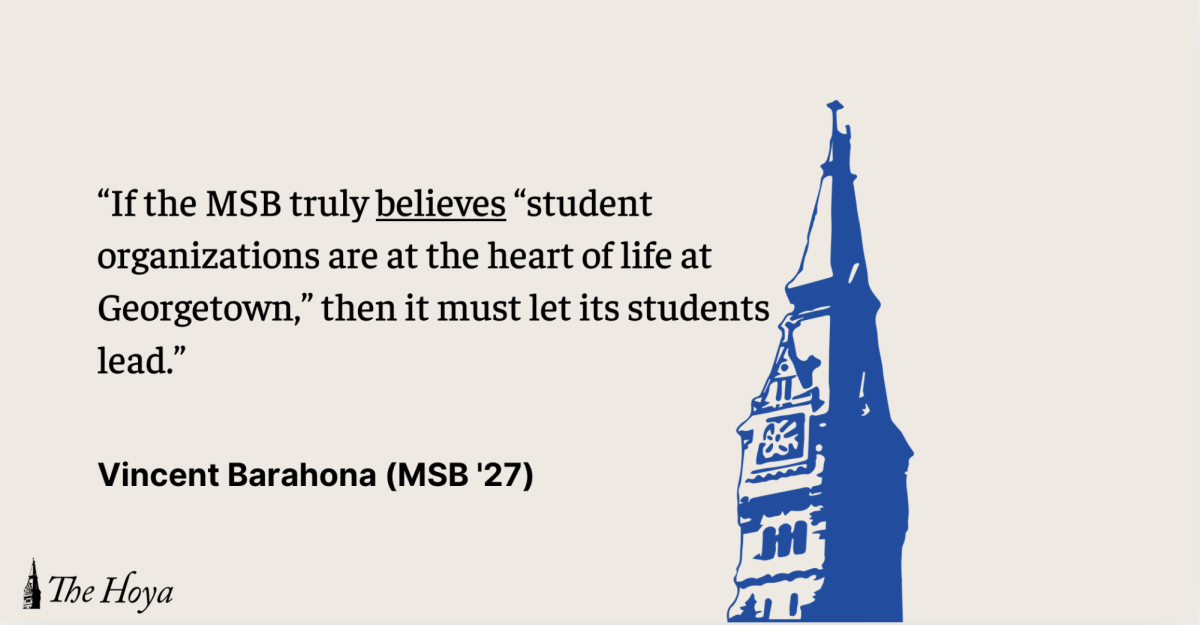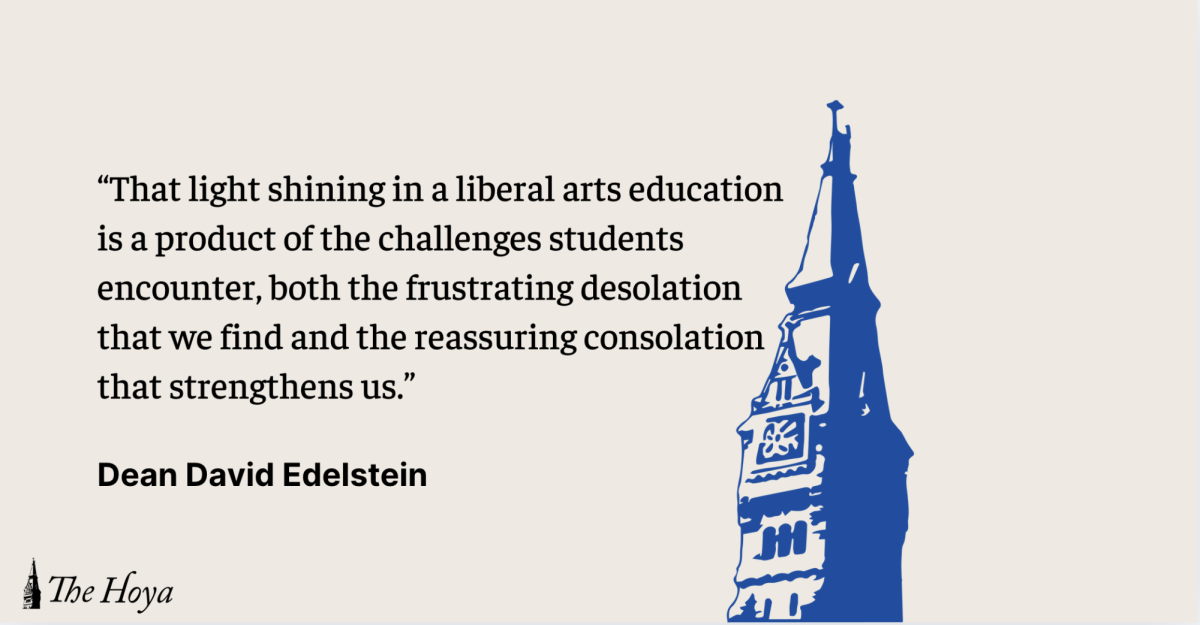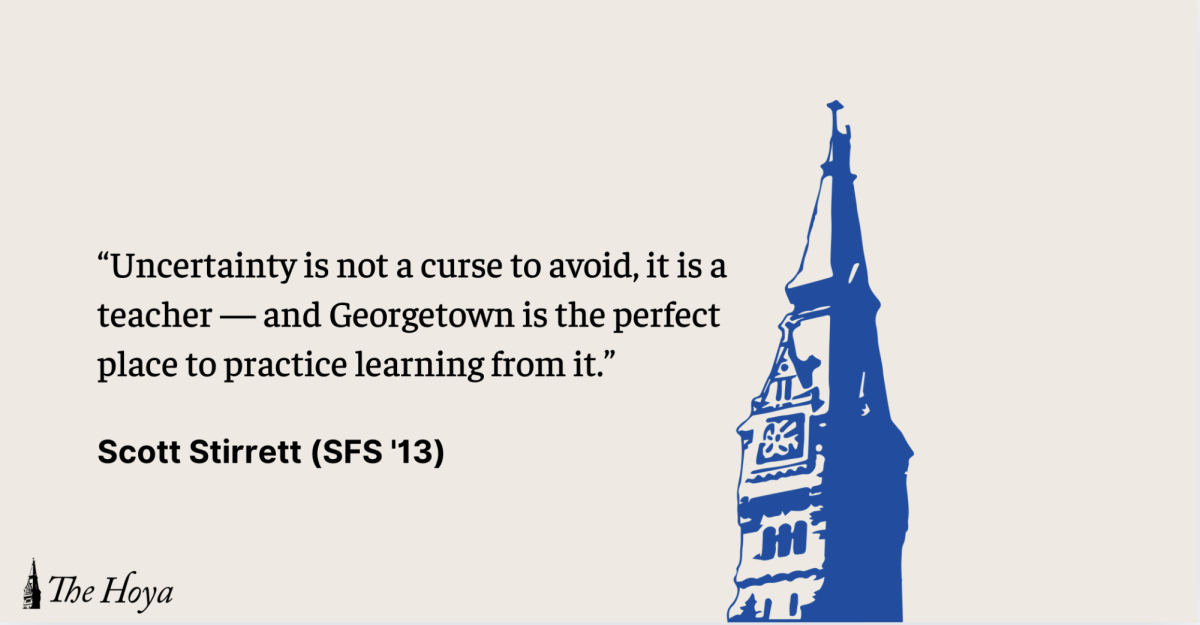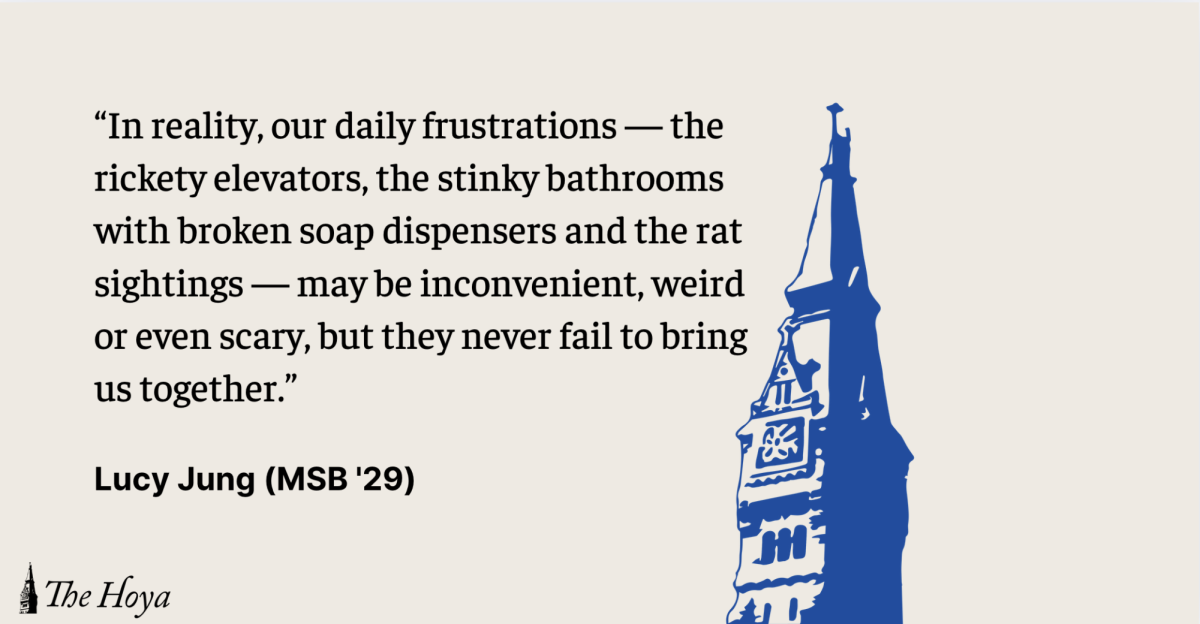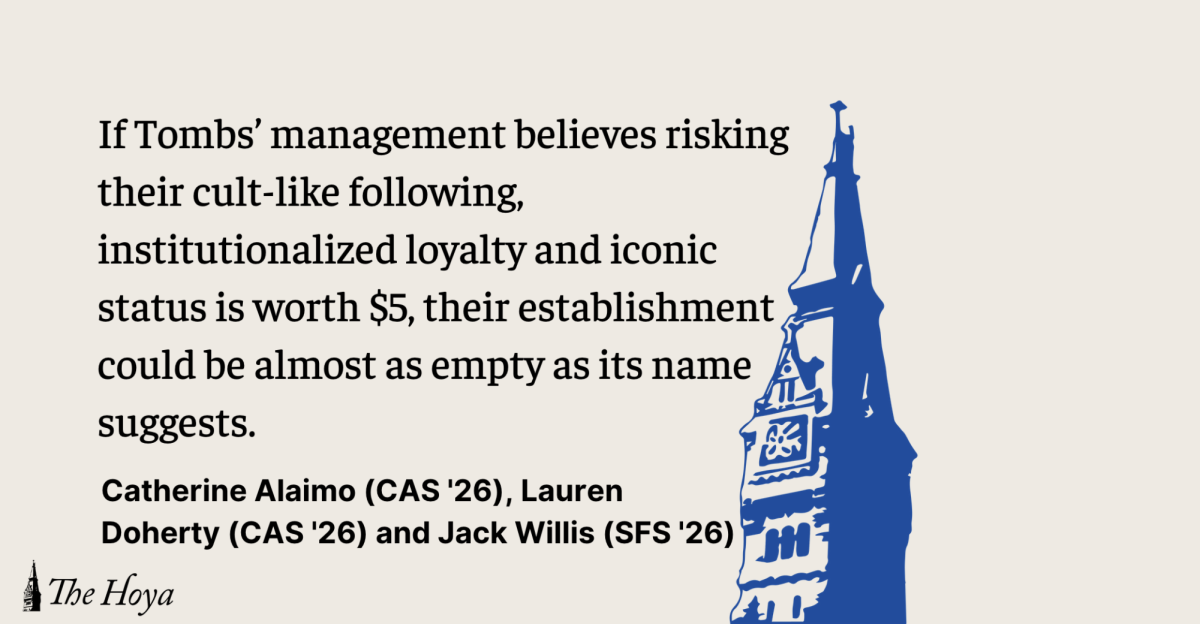It’s all too easy to doze off and imagine that ideological debates take place in a realm disconnected from our everyday lives, a social universe characterized by engagement without burdensome emotional investment and speech without serious social consequences. But we need to realize that the real world of political discourse is far less comfortable for its participants, especially those who have a personal stake in the outcome. When people label strong public challenges to their opinions as censorship or overreaction, the conversation of “free speech” veers into a conversation of “speech free of social consequence.” Popular stances on public dialogue too often prioritize not just allowing the speaker to express their opinion but also protecting them from cultural backlash.
The notion that we should encourage a public forum wherein minority opinions are protected from intense backlash is not entirely unfounded. However, when “anti-cancel culture” rhetoric has been employed in the past, it has too often been in defense of opinions that aren’t affirming an anti-status-quo opinion that needs to be heard — instead, it’s been used in delegitimizing the validity of someone’s identity.
Statements such as “transgender people shouldn’t exist” or “millions of criminal immigrants are coming to destroy our country” are not abstracted policy proposals — they’re insults that undermine the humanity of real people. Those who use reactionary labels like “cancel culture” to dismiss legitimate reactions to insensitive or controversial comments are not improving the quality of campus debates, nor are they fortifying the institution of free speech. It is critical that the Georgetown University community avoids this sort of dismissive rhetoric, particularly given that political discourse on campus is certain to increase in intensity as the election approaches.
In a book criticizing the perceived social phenomenon of cancel culture, author Jimmy Failla dismissed outrage at racially insensitive mascots or transphobic remarks as “a war on fun… That’s cancel culture in a nutshell. A group of grievance hunters who police traditional sources of joy for potential offenses that will allow them to weaponize your outrage into their clout.” Such rhetoric extends beyond a defense of entertainment and “sources of joy”; it’s not uncommon for those who make overtly offensive comments in the context of serious political dialogue to be characterized as “victims of cancel culture.”
Thankfully, I have found that Georgetown students typically refrain from the sort of distasteful comments that would cause serious social outcry. And, when these sorts of comments have been made in classrooms or casual social settings, members of our student body often avoid taking an overly dismissive posture in defense of their remarks. For example, I’ve witnessed multiple moments of debate surrounding immigration policy at Georgetown; in one instance, a student was hurt by a particularly stereotype-laden remark and asserted that a boundary had been crossed. Other students nearby also voiced disapproval. Rather than respond defensively, the other student simply apologized.
However, as debate becomes more emotionally charged, social backlash at controversial statements becomes more intense, and so too does the dismissal of that backlash as hysterical or otherwise invalid. For example, when Tucker Carlson provided a platform for “Darryl Cooper, an amateur historian who put forward a revisionist account of World War II and the Holocaust,” he became the subject of intense backlash. For many, broadcasting Cooper’s conspiratorial views represents a dangerous and deeply offensive political statement. In response, Sen. JD Vance (R-Ohio), the Republican vice presidential nominee, dismissively characterized the widespread negative response as “guilt-by-association cancel culture.”
The upcoming election season, filled with charged dialogue, therefore represents a test for our student body. Can we continue to treat those who feel personally offended in moments of political discourse with respect and validation? It’s important we insistently reject attempts to dismiss legitimate backlash, criticism and emotional responses as symptoms of, as Jimmy Falla characterizes the perceived cultural phenomenon, “weaponized outrage.” I encourage our community to view such defensive strategies with skepticism. There should be some emphasis on ensuring a diverse array of voices are permitted within the realm of political discourse, but we should be — at minimum — just as concerned with ensuring that members of a historically marginalized, oppressed or victimized minority aren’t regarded with a dismissive and patronizing attitude when expressing their disapproval of upsetting statements.
Chase Dobson is a sophomore in the College of Arts & Sciences.


